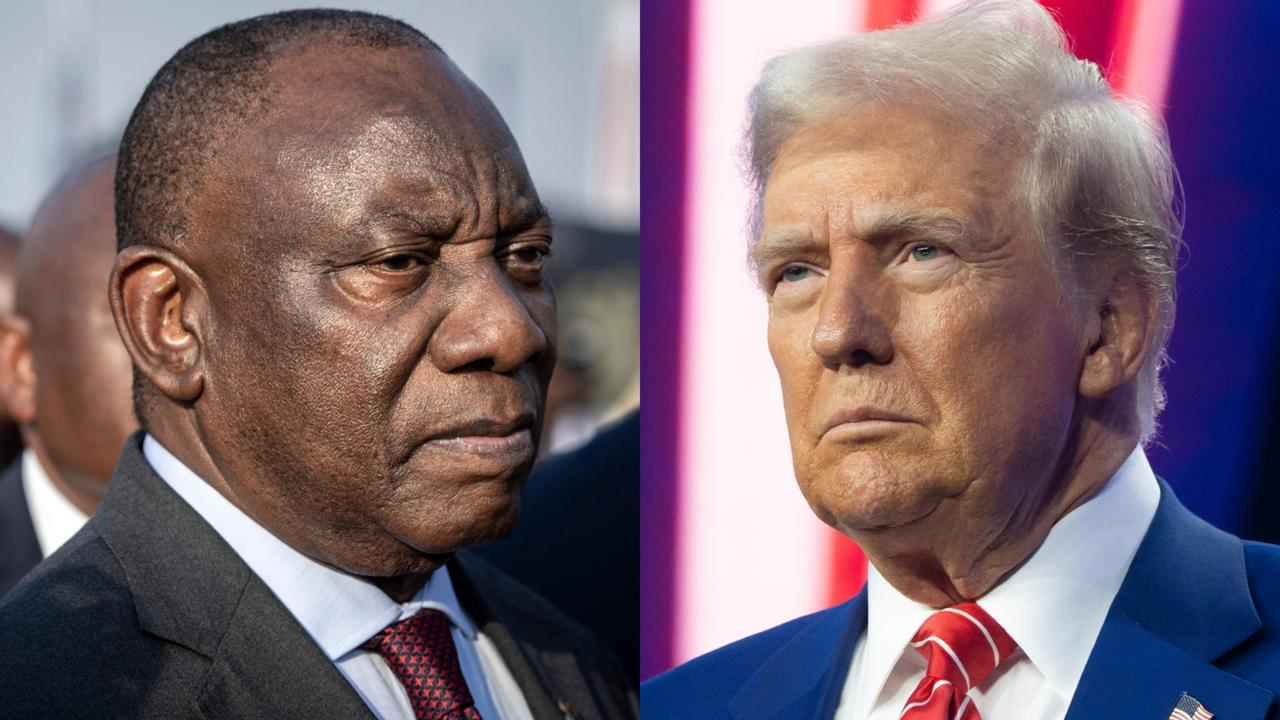In a move that has sent shockwaves through the international community, the United States has announced the freezing of financial and developmental support to South Africa, one of its key allies on the African continent. The decision, revealed on February 1, 2025, comes amid growing tensions between the two nations over a range of issues, including South Africa’s foreign policy stance, its alignment with global powers, and its handling of domestic challenges. This development marks a significant shift in the longstanding relationship between the two countries and raises questions about the future of US-South Africa cooperation.
The freeze in support, which includes aid packages, trade incentives, and collaborative programs, is reportedly a response to South Africa’s recent diplomatic decisions that have strained ties with Washington.
Among the key points of contention.
- “South Africa is confiscating land and treating certain classes of people VERY BADLY,” Trump wrote.
- In December, Pretoria filed a case against Israel at the International Court of Justice (ICJ), accusing it of committing genocide in Gaza.
- The funding freeze comes amid South Africa’s escalating tensions with Rwanda over the ongoing crisis in DR Congo.
Also South Africa’s growing relationship with Russia and China, which the US views as a departure from its traditional alignment with Western democracies. South Africa’s refusal to condemn Russia’s actions in Ukraine and its participation in joint military exercises with China have particularly irked US officials, who see these moves as undermining global stability and US interests.
In a statement issued by the US State Department, Secretary of State Antony Blinken expressed disappointment with South Africa’s recent actions, stating that they “do not align with the shared values and mutual goals that have historically defined our partnership.” He emphasized that the freeze in support is not a permanent measure but rather a signal that the US expects its allies to uphold principles of democracy, human rights, and international law. “We remain committed to the people of South Africa and hope to see a realignment of priorities that allows us to resume our partnership,” Blinken added.
The decision has elicited mixed reactions from South African officials. President Cyril Ramaphosa, while expressing regret over the US’s move, defended South Africa’s foreign policy as independent and non-aligned. “South Africa has always pursued a foreign policy that serves its national interests and promotes peace and development on the African continent,” Ramaphosa said in a televised address. “We value our relationship with the United States but cannot compromise our sovereignty or principles for the sake of appeasement.”
Domestically, the freeze in US support has sparked concerns about its potential impact on South Africa’s economy and development agenda. The US has been a major contributor to South Africa’s efforts to combat HIV/AIDS, strengthen education systems, and promote renewable energy. The suspension of funding for these programs could disrupt critical initiatives and exacerbate existing challenges, particularly in a country already grappling with high unemployment, inequality, and energy shortages.
Critics of the US decision argue that it risks alienating a key partner in Africa and could push South Africa further into the orbit of rival powers like China and Russia. “This is a short-sighted move that undermines years of diplomatic progress,” said one political analyst. “Instead of isolating South Africa, the US should engage in constructive dialogue to address the underlying issues.”
On the other hand, some observers believe that the freeze in support could serve as a wake-up call for South Africa to reassess its foreign policy and domestic priorities. “South Africa cannot afford to alienate its traditional allies while pursuing relationships that do not yield tangible benefits for its citizens,” said a prominent South African economist. “This moment presents an opportunity for the government to reflect on its choices and chart a more balanced path forward.”
The freeze in US support to South Africa also highlights the broader geopolitical shifts taking place on the African continent. As global powers compete for influence, African nations are increasingly finding themselves at the center of a tug-of-war between the West and emerging powers like China and Russia. South Africa’s predicament underscores the challenges of navigating this complex landscape while maintaining its sovereignty and advancing its development goals.
As the situation unfolds, the hope is that both the US and South Africa will find common ground to rebuild their partnership. For now, however, the freeze in support serves as a stark reminder of the fragility of international alliances and the high stakes of diplomatic decisions in an increasingly interconnected world. The people of South Africa, who stand to bear the brunt of this rift, can only hope that their leaders will prioritize their well-being and work toward a resolution that benefits all parties involved.

